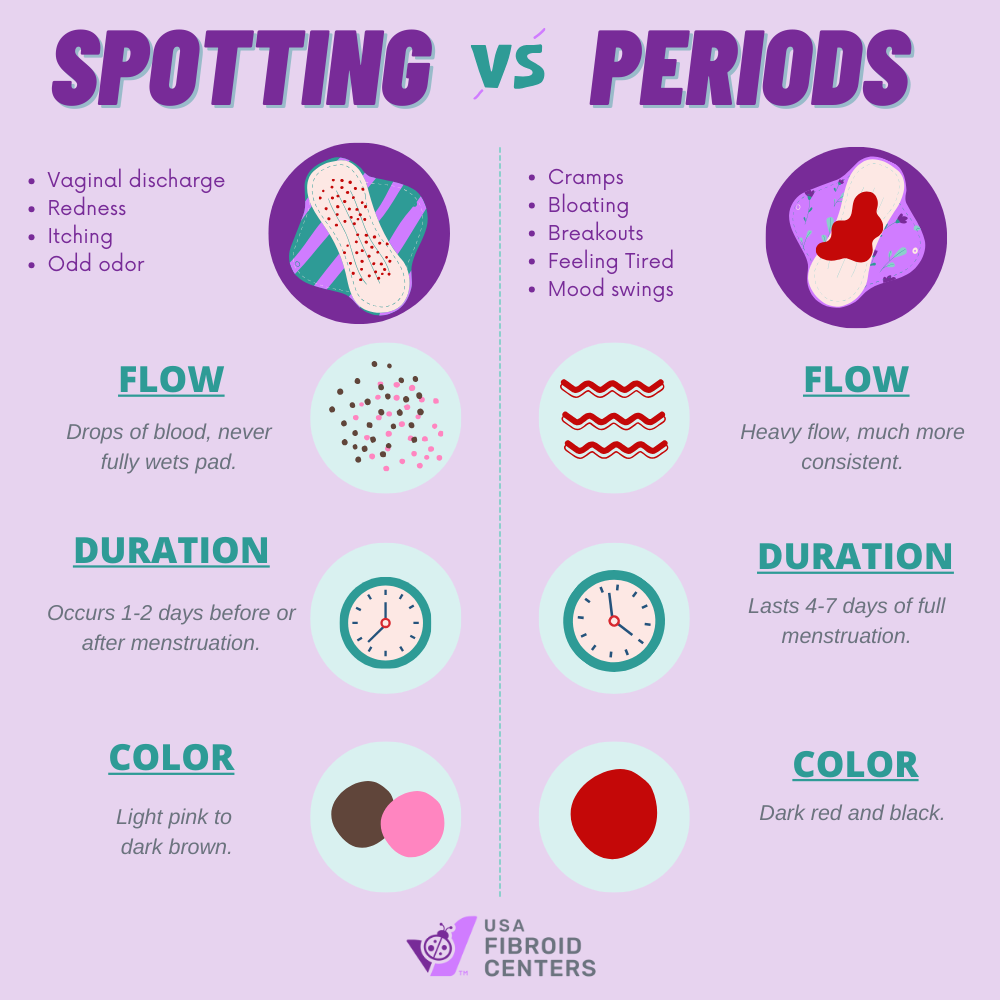
Spotting and Pregnancy: A Comprehensive Guide
Spotting during pregnancy is a common occurrence, affecting up to 30% of expectant mothers. While it can be a cause for concern, it is important to remember that spotting is not always a sign of a problem. In most cases, it is a harmless occurrence that does not affect the health of the mother or baby.
What is Spotting?
Spotting is vaginal bleeding that is lighter than a period. It is typically pink or brown in color and may be accompanied by mild cramping. Spotting can occur at any time during pregnancy, but it is most common in the first trimester.
Causes of Spotting During Pregnancy
There are many different causes of spotting during pregnancy, including:
- Implantation bleeding: This occurs when the fertilized egg implants in the lining of the uterus. It typically happens around 10-14 days after conception and can cause light spotting or bleeding.
- Cervical changes: The cervix becomes softer and more vascular during pregnancy, which can make it more prone to bleeding. This can be caused by activities such as intercourse, pelvic exams, or coughing.
- Hormonal changes: The hormonal changes that occur during pregnancy can affect the blood vessels in the uterus, making them more likely to bleed.
- Placental abruption: This is a serious condition in which the placenta separates from the uterus. It can cause heavy bleeding and pain and requires immediate medical attention.
- Miscarriage: Spotting can be a sign of miscarriage, especially if it is accompanied by other symptoms such as cramping, pain, or fever.
When to Be Concerned
Most cases of spotting during pregnancy are not a cause for concern. However, it is important to seek medical attention if you experience any of the following symptoms:
- Heavy bleeding
- Painful cramping
- Fever
- Chills
- Dizziness or lightheadedness
- Signs of infection, such as foul-smelling discharge
Diagnosis
Your doctor will typically diagnose spotting during pregnancy based on your symptoms and a physical exam. They may also order tests such as an ultrasound or blood tests to rule out any underlying medical conditions.
Treatment
Treatment for spotting during pregnancy will depend on the underlying cause. In most cases, no treatment is necessary. However, if the spotting is caused by a medical condition, your doctor may recommend treatment such as:
- Bed rest
- Medications to stop bleeding
- Surgery to remove the placenta
Prevention
There is no sure way to prevent spotting during pregnancy. However, there are some things you can do to reduce your risk, such as:
- Avoiding strenuous activity
- Getting enough rest
- Eating a healthy diet
- Taking prenatal vitamins
- Avoiding smoking and alcohol
Outlook
The outlook for spotting during pregnancy is generally good. Most cases are harmless and do not affect the health of the mother or baby. However, it is important to seek medical attention if you experience any of the symptoms listed above.
Additional Information
- Spotting during pregnancy is more common in women who have had previous miscarriages.
- Spotting can also be a sign of ectopic pregnancy, which is a serious condition in which the fertilized egg implants outside the uterus.
- If you are experiencing spotting during pregnancy, it is important to talk to your doctor to rule out any underlying medical conditions.